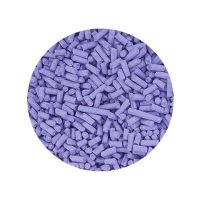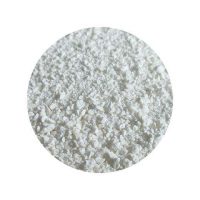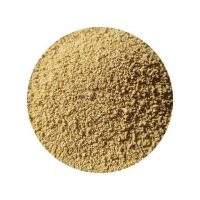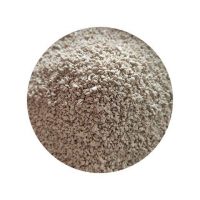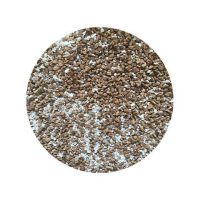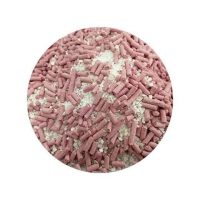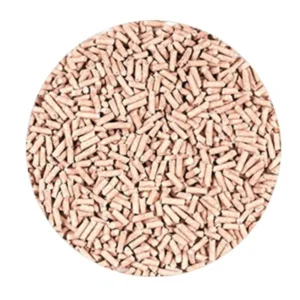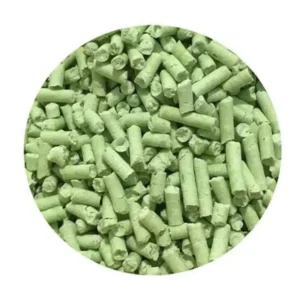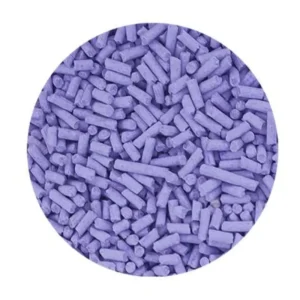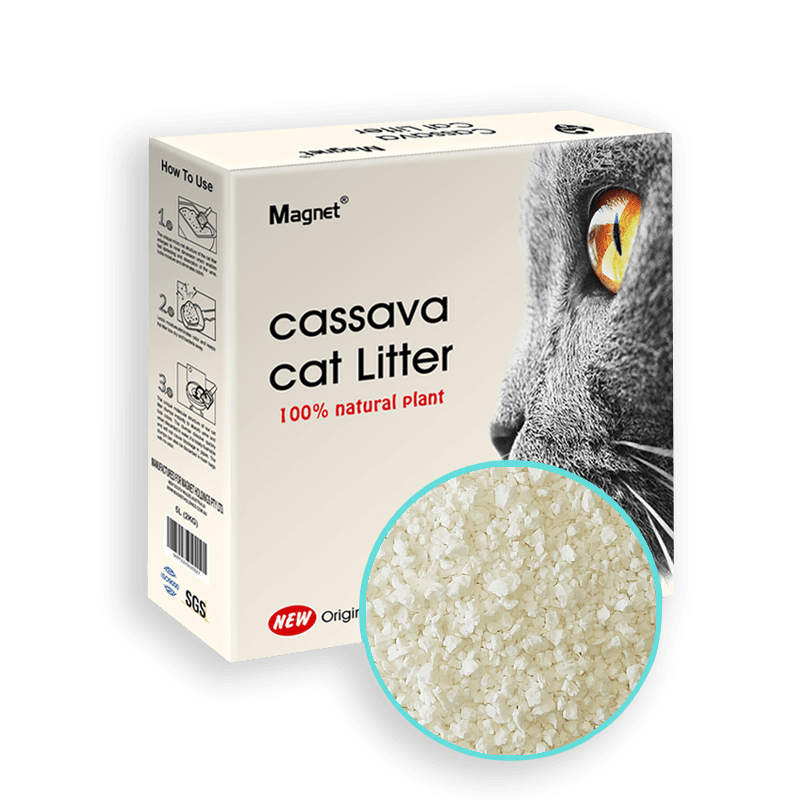Bentonite cat litter is a popular choice among pet owners due to its effectiveness in absorbing moisture and controlling odors. It’s made from bentonite clay, a natural mineral known for its absorbent properties.
In this blog post, we’ll delve into the details of bentonite cat litter, including:
- How it works: Understanding the absorption process.
- Types of bentonite cat litter: Exploring different varieties.
- Benefits and drawbacks: Weighing the pros and cons.
- Tips for using bentonite cat litter: Ensuring optimal performance.
Whether you’re a new cat owner or simply looking to explore litter options, this guide will provide valuable information.
What is Bentonite Cat Litter

Bentonite cat litter is a popular option among pet owners due to its effectiveness in controlling odors and absorbing moisture. It’s made from bentonite clay, a natural mineral known for its absorbent properties.
Here’s a breakdown of how bentonite cat litter works:
- Absorption: When exposed to moisture (like urine or feces), bentonite clay expands and forms a gel-like substance that effectively traps liquids.
- Odor control: The gel-like substance also helps to neutralize unpleasant odors, keeping your cat’s litter box fresh and clean.
Bentonite cat litter comes in various types, each with its own unique characteristics:
- Clumping: This type forms clumps when exposed to moisture, making it easy to scoop and dispose of waste without disturbing the rest of the litter.
- Non-clumping: This type doesn’t form clumps but still absorbs moisture effectively. It’s often used in conjunction with a sifting pan to separate the soiled litter from the clean.
- Scented: Some bentonite cat litters are infused with fragrances to mask odors. However, it’s important to choose a scent that your cat won’t find offensive.
What is Bentonite Cat Litter Made of?
Bentonite cat litter is primarily made from bentonite clay. This natural mineral is known for its absorbent properties, making it an ideal material for cat litter.
Bentonite clay is a type of clay mineral that expands when exposed to water. This expansion helps to trap moisture and prevent odors.
Cat Litter With Sodium Bentonite
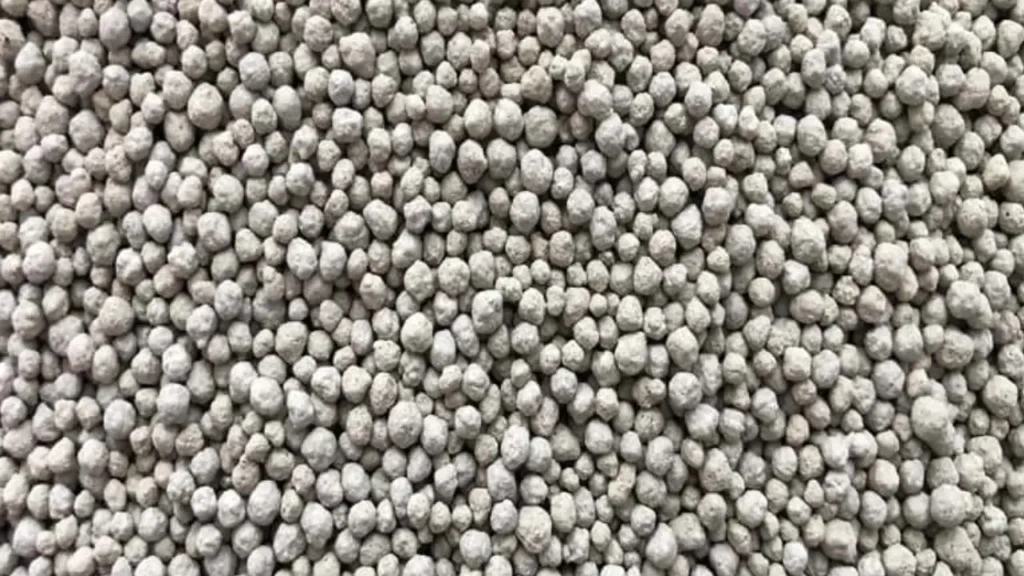
Sodium bentonite cat litter is a popular choice among pet owners due to its effectiveness in absorbing moisture and controlling odors. It’s made from bentonite clay, a natural mineral that expands when exposed to water, forming a gel-like substance that traps liquids and neutralizes odors.
Key benefits of sodium bentonite cat litter:
- Strong absorption: Effectively absorbs moisture from urine and feces.
- Odor control: Helps to neutralize unpleasant odors, keeping your cat’s litter box fresh.
- Clumping: Most sodium bentonite litters clump when exposed to moisture, making it easy to scoop and dispose of waste.
- Cost-effective: Generally affordable compared to other litter options.
However, there are a few things to consider:
- Dustiness: Some sodium bentonite litters can be dusty, which may irritate your cat’s respiratory system. Look for low-dust or dust-free options.
- Sodium content: While sodium bentonite is generally safe for cats, some pet owners prefer to avoid sodium due to potential health concerns. If you’re concerned about sodium, consider calcium bentonite or non-bentonite alternatives.
What cat litter has sodium bentonite? When choosing sodium bentonite cat litter, consider the following factors:
- Clumping: Decide if you prefer clumping or non-clumping litter.
- Scent: Choose a scent that your cat won’t find offensive, or opt for unscented litter.
- Dustiness: Look for low-dust or dust-free options.
- Sodium content: If you’re concerned about sodium, consider alternatives.
By carefully considering these factors, you can select a sodium bentonite cat litter that meets your cat’s needs and your preferences.
Cat Litter Without Sodium Bentonite
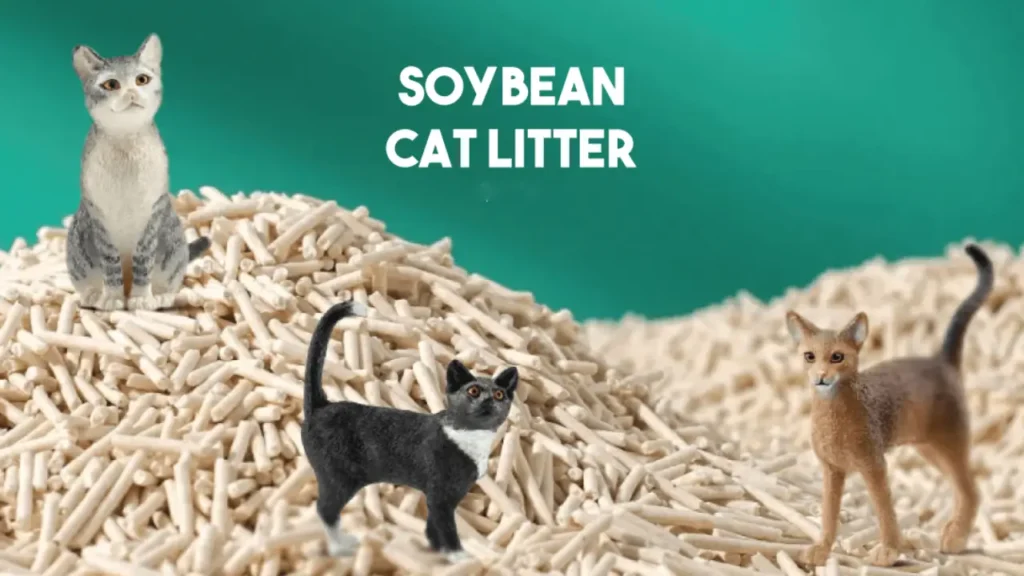
Sodium bentonite is a common ingredient in many cat litters. However, some pet owners prefer to avoid sodium due to concerns about its potential health effects. If you’re looking for a sodium-free cat litter option, here are a few alternatives to consider:
1. Calcium Bentonite Cat Litter:
- Benefits: Calcium bentonite is often considered a healthier alternative to sodium bentonite as it doesn’t contain sodium. It’s still highly absorbent and effective at controlling odors.
- Drawbacks: Some cats may find the texture of calcium bentonite less appealing than sodium bentonite.
2. Non-Bentonite Cat Litters:
- Examples: Silica gel, recycled paper, and corn-based litters are popular non-bentonite options.
- Benefits: These litters can be dust-free, hypoallergenic, and biodegradable.
- Drawbacks: Some non-bentonite litters may not be as absorbent or effective at odor control as bentonite litters.
When choosing a sodium-free cat litter, consider the following factors:
- Absorbency: Ensure the litter can effectively absorb moisture and control odors.
- Dustiness: Look for low-dust or dust-free options to minimize respiratory irritation.
- Tracking: Some litters may be more prone to tracking than others.
- Cost: Compare prices to find a budget-friendly option.
Additional tips for choosing a cat litter:
- Consider your cat’s preferences: Some cats may have specific preferences for litter texture or scent.
- Read reviews: Look for feedback from other pet owners to get a sense of the litter’s performance.
- Try a small bag: Start with a smaller bag to test the litter before committing to a larger purchase.
By carefully considering these factors, you can find a sodium-free cat litter that meets your cat’s needs and your preferences.
Comparison of Cat Litters with and Without Sodium Bentonite
| Feature | Sodium Bentonite Cat Litter | Non-Sodium Bentonite Cat Litter |
|---|---|---|
| Material | Bentonite clay with added sodium | Bentonite clay without added sodium |
| Absorption | Highly absorbent | Highly absorbent |
| Odor Control | Effective at neutralizing odors | Effective at neutralizing odors |
| Clumping | Typically clumps when exposed to moisture | Can clump or be non-clumping |
| Dustiness | Can be dusty | Can be dusty, but often less so |
| Cost | Generally affordable | Can be more expensive |
| Health Concerns | Some pet owners may prefer to avoid sodium | Generally considered safer for cats with sodium sensitivities |
| Alternatives | Silica gel, recycled paper, corn-based litters | Silica gel, recycled paper, corn-based litters |
Note: While both sodium bentonite and non-sodium bentonite cat litters are effective at absorbing moisture and controlling odors, the choice of which to use often depends on personal preference and any specific health concerns your cat may have.
Which Cat Litter Does Not Contain Sodium Bentonite
Here are some popular cat litter options that do not contain sodium bentonite:
- Silica gel: This type of litter is known for its excellent absorption properties and odor control. It’s often lightweight and dust-free.
- Recycled paper: Made from recycled paper, this litter is biodegradable and environmentally friendly. It can be effective at absorbing moisture and controlling odors, but may require more frequent changes.
- Corn-based: Corn-based litters are also biodegradable and can be a good option for those who prefer natural products. They may not be as absorbent as silica gel or bentonite, but they can still be effective.
- Wheat-based: Similar to corn-based litters, wheat-based litters are biodegradable and offer good absorption.
- Pine-based: Made from pine pellets, this type of litter is often used for small animals but can also be used for cats. It’s highly absorbent and can help control odors.
When choosing a non-sodium bentonite cat litter, consider the following factors:
- Absorbency: Ensure the litter can effectively absorb moisture and control odors.
- Dustiness: Look for low-dust or dust-free options.
- Tracking: Some litters may be more prone to tracking than others.
- Cost: Compare prices to find a budget-friendly option.
By carefully considering these factors, you can find a non-sodium bentonite cat litter that meets your cat’s needs and your preferences.
Bentonite Cat Litter vs Tofu Cat Litter
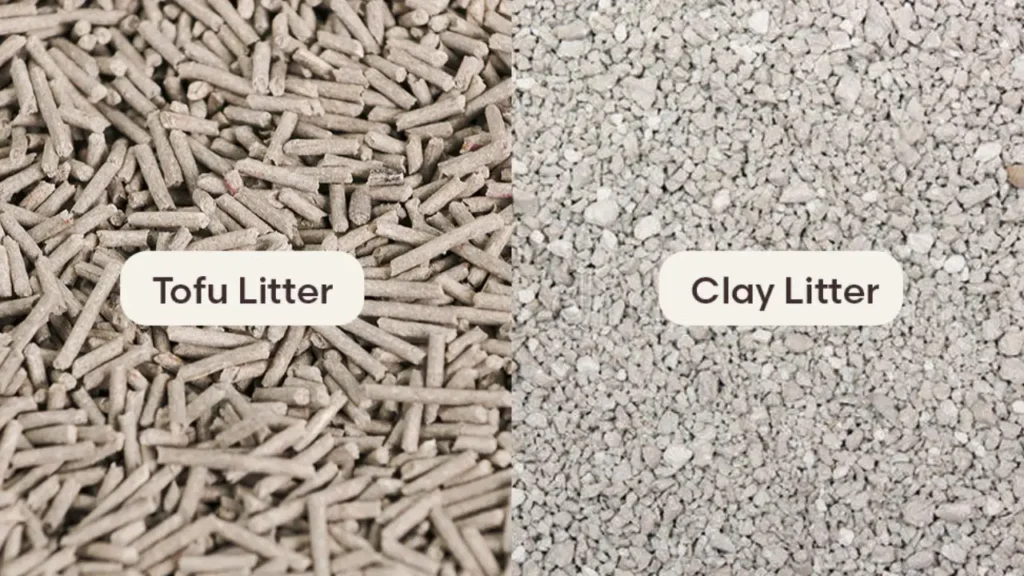
Bentonite cat litter and tofu cat litter are both popular options for cat owners. While they share the same purpose (absorbing moisture and controlling odors), they have distinct characteristics.
Bentonite Cat Litter
- Material: Made from bentonite clay, a natural mineral.
- Absorption: Highly absorbent and forms clumps when exposed to moisture.
- Odor Control: Effective at neutralizing odors.
- Pros: Affordable, widely available, and effective.
- Cons: Can be dusty, may track, and may not be suitable for all cats (e.g., those with allergies).
Tofu Cat Litter
- Material: Made from soybean curd, a byproduct of tofu production.
- Absorption: Absorbent, but may not be as effective as bentonite for heavy urine or feces.
- Odor Control: Good odor control, especially when used with a litter box deodorizer.
- Pros: Biodegradable, eco-friendly, low-dust, and often preferred by cats with sensitive skin.
- Cons: Can be more expensive than bentonite, and may not be as clumping as bentonite.
Choosing the right cat litter depends on several factors:
- Your cat’s preferences: Some cats may prefer the texture or scent of one type over the other.
- Your budget: Tofu cat litter can be more expensive than bentonite.
- Environmental concerns: If you’re environmentally conscious, tofu cat litter may be a better choice.
- Your cat’s health: If your cat has allergies or sensitivities, tofu cat litter may be a gentler option.
Ultimately, the best way to determine which cat litter is right for you and your cat is to try both and see which one works best.
Zeolite vs Bentonite Cat Litter
Both zeolite and bentonite are popular choices for cat litter due to their absorbent properties and ability to control odors. However, they have some key differences.
Zeolite Cat Litter
- Composition: Zeolite is a volcanic mineral with a porous structure that can absorb moisture and trap odors.
- Absorption: Highly absorbent, often considered more absorbent than bentonite.
- Odor Control: Excellent odor control.
- Pros: Lightweight, dust-free, and can be used as a litter box liner.
- Cons: Can be more expensive than bentonite.
Bentonite Cat Litter
- Composition: Made from bentonite clay, a natural mineral.
- Absorption: Very absorbent, especially when clumping.
- Odor Control: Effective at controlling odors.
- Pros: Affordable, widely available, and easy to clean.
- Cons: Can be dusty, may track, and may not be suitable for all cats (e.g., those with allergies).
Here’s a quick comparison table:
| Feature | Zeolite Cat Litter | Bentonite Cat Litter |
|---|---|---|
| Composition | Volcanic mineral | Bentonite clay |
| Absorption | Highly absorbent | Highly absorbent |
| Odor Control | Excellent | Effective |
| Dustiness | Low-dust or dust-free | Can be dusty |
| Cost | Typically more expensive | Generally more affordable |
The best cat litter for you will depend on your cat’s preferences, your budget, and your environmental concerns. If you’re looking for a highly absorbent, low-dust, and eco-friendly option, zeolite might be a good choice. If you’re on a budget and prefer a more traditional cat litter, bentonite could be a better option.
Is Bentonite Litter Safe for Cats?
Generally, bentonite cat litter is considered safe for cats. However, it’s important to note that some cats may have allergies or sensitivities to certain ingredients.
If you notice any adverse reactions in your cat, such as skin irritation, respiratory problems, or digestive issues, it’s best to discontinue use and consult with your veterinarian.
Here are some factors to consider when choosing bentonite cat litter:
- Dust: Some bentonite litters can be dusty, which may irritate your cat’s respiratory system. Look for dust-free or low-dust options.
- Scents: While scented litters may mask odors, some cats may find strong fragrances unpleasant. Opt for unscented or lightly scented litters.
- Clumping: Clumping bentonite litters are generally easier to clean, but some cats may dislike the texture of the clumps.
If you have concerns about your cat’s health or allergies, it’s always a good idea to consult with your veterinarian for personalized advice.
Is bentonite cat litter biodegradable?
No, bentonite cat litter is not biodegradable.
Bentonite clay is a natural mineral, but it is not easily broken down by natural processes. This means it can take a long time to decompose in landfills.
If you’re looking for a more environmentally friendly option, consider using a biodegradable cat litter made from materials like recycled paper, corn, or wheat. These types of litters can decompose more quickly and are often better for the environment.
Is bentonite cat litter flushable?
No, bentonite cat litter is not flushable.
Flushing it down the toilet can cause clogs in your plumbing system. It’s important to dispose of bentonite cat litter in the trash.
If you’re looking for a flushable cat litter option, there are some available on the market. However, it’s essential to check with your local sewage system to ensure they are compatible with your specific infrastructure.
Is cat litter bentonite clay?
Yes, most cat litter is made from bentonite clay.
Bentonite clay is a natural mineral known for its absorbent properties, making it an ideal material for cat litter. It’s effective at absorbing moisture and controlling odors, making it a popular choice among pet owners.


